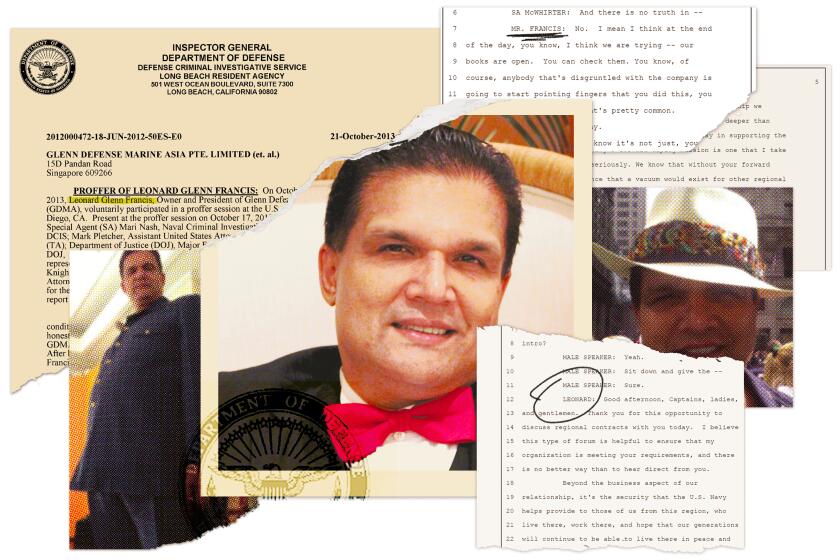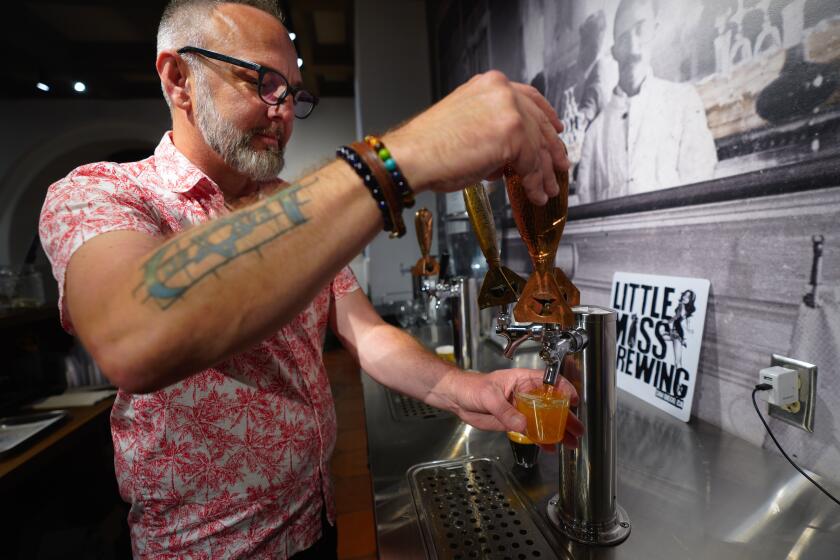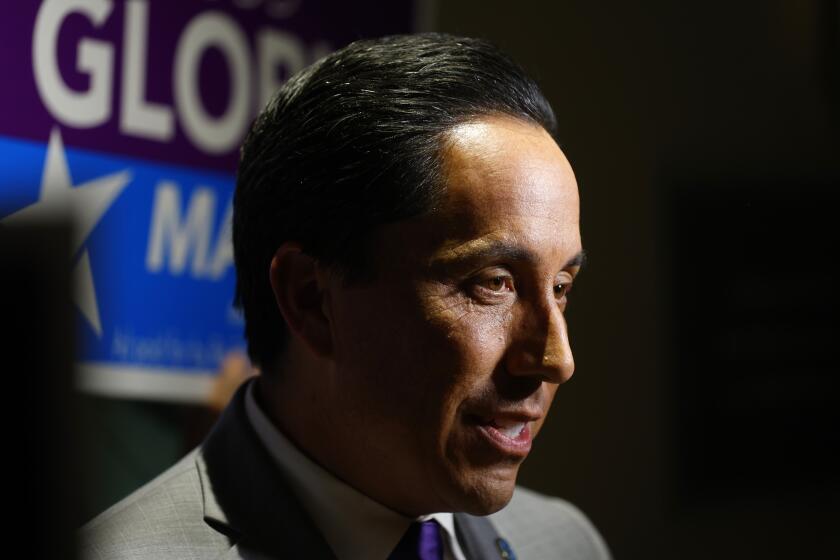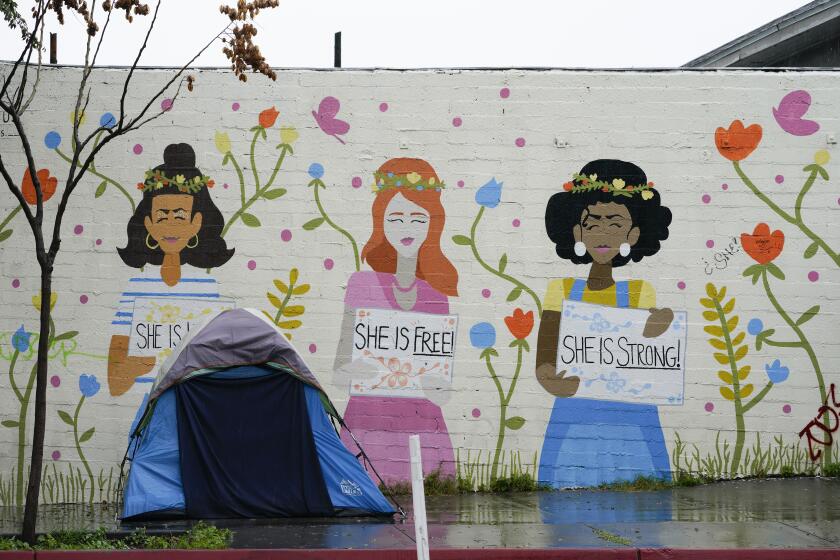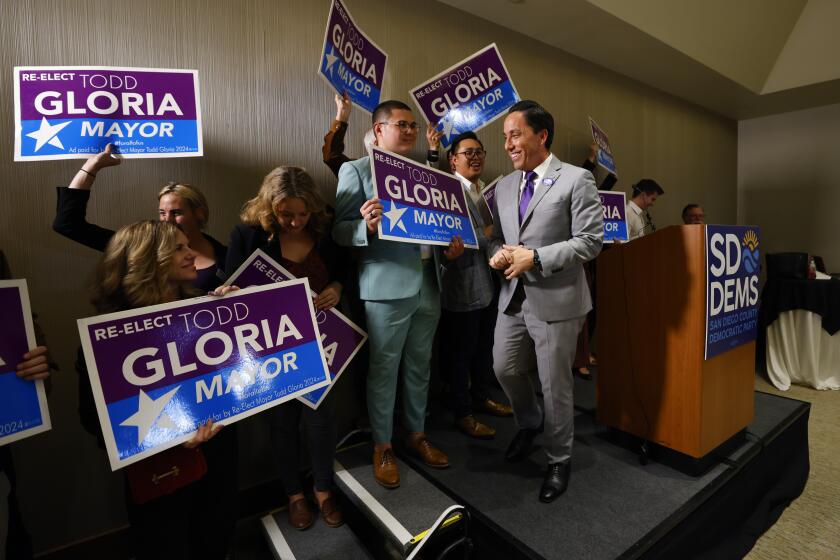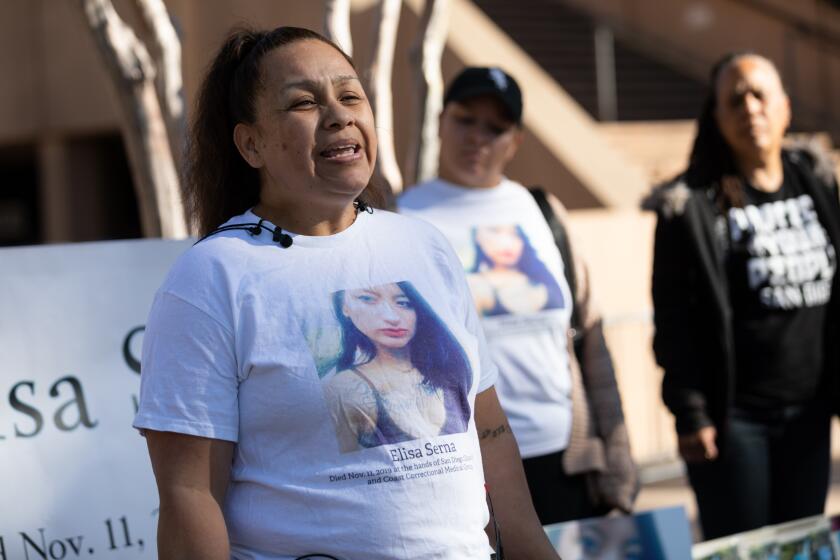Change could be a big deal for card rooms
Gambling official granted dispensation on legal requirement, which may be revoked
For close to a decade, card rooms in California have been allowed to get around state laws governing poker and other games, thanks to a letter written by the state’s former top gambling agent.
He issued the loosened restrictions just before he left his job at the Attorney General’s Office to work as a consultant to card rooms.
Those days are coming to an end.
The current chief of the Bureau of Gambling Control has informed card rooms that the letter from 2007 is no longer valid, and the Attorney General’s Office will issue new guidelines by June 30.
The move marks a sharp about-face by gambling regulators, who have received complaints about card room practices since at least 2012 from their main competition — tribal casinos. The tribes contend the card rooms have flouted the rules over the years, cutting into their business.
The change will likely affect card rooms, which have financially benefitted because the letter opened the door to higher-stakes and more exciting games — and more revenue.
A spokeswoman for Attorney General Kamala Harris did not say what prompted the decision to rescind the so-called “Lytle Letter,” named after former chief gambling enforcement agent Robert Lytle, who authored the letter.
Lytle is now facing the loss of his gambling license and interests in several card rooms because of an official accusation, which regulators filed against him in 2014.
The complaint alleged that as a cardroom consultant after leaving state work, Lytle received inside information from the Bureau of Gambling Control on pending investigations against his clients. In May, he agreed to surrender his license and give up his ownership stake in two Sacramento card rooms.
Harris press secretary Rachele Huennekens said that the Bureau of Gambling Control “determined that continued reliance on the enforcement policy in the Lytle letter was not justified” under law.
One tribal gaming official said the reason for the change was obvious.
“We think the state is taking this action because the Lytle letter, which allowed the card rooms to stop the rotation of the deal, just looks bad,” said Anthony Roberts of the Yocha Dehe Wintun nation, a tribe outside of Sacramento.
Rolling back the letter is just the latest fallout from the Lytle case, which also played a role in the resignation of the former executive director and chairman of the state Gambling Control Commission, who both cited conflicts of interest involving Lytle.
Here is what is at issue.
Under state law cardrooms can’t offer “banked” card games. Those are games in which the house — think of a typical casino — acts as the bank, playing against all other players at the table, paying out winners and collecting from losers. In California, only tribal casino can offer such games.
The law for card rooms instead says that the role of the dealer rotates among all players, so everyone at the table has to take the deal and be the banker. The law specifically says the deal must be “continuously and systematically rotated” among all players.
On Dec. 20, 2007, Lytle wrote a letter to two cardroom owners who were also lobbyists for the industry. That letter set a new standard: as long as the deal rotation was offered to other players, the game would be considered legal even if the deal didn’t rotate.
Ten days after issuing that letter, Lytle retired, then began working for card rooms as a consultant.
In the ensuing years card rooms relied on the letter to increase play at their tables. Over time, the use of third party proposition players — corporate entities that contract with cardrooms to essentially bank the games — increased.
Eventually tribal casinos noticed and complained. In October 2012 several tribes, including the Pala Band in San Diego County, wrote to gambling regulators at the Attorney General’s office, contending the play was illegal.
Simply offering the deal was “an empty gesture,” the Yocha Dehe tribe outside Sacramento wrote, because “no player will want to take on the task.”
Despite those letters and subsequent meetings between tribes and state regulators, nothing happened. Richard Schuetz, a former commissioner on the Gambling Control Commission, said last year before he left the commission that card rooms were the “worst-regulated segment” of the gambling industry.
Now the executive director of the gaming commission in Bermuda, Schuetz scoffed at the delayed response to the Lytle letter.
“The AG has 1,200 lawyers on her staff,” he said in an email response, “but for her entire tenure in office has not been able to figure out what is legal regarding rotation. Really?”
Schuetz said card rooms’ political clout via campaign contributions has influenced how slowly regulators have moved on the issue. Tribal casinos also contribute significantly to political campaigns.
Roberts said that the tribes simply want the state to enforce the law.
“The tribes are not trying to run anyone out of business,” he said.
Over the past several months, gambling regulators have discussed the new guidelines for how the games will be played with card rooms and have met at least once with tribal interests, in March.
The tribes contend the law is clear, but in a letter to Wayne Quint Jr., the head of the Bureau of Gambling Control for the Attorney General, representatives of several large tribes said that allowing a rotation in which players can deal a maximum of two hands before being required to pass it on — instead of just one — would be a compromise.
At that March meeting, according to a letter from tribal representatives written in April, Quint said it might not be fair to force the card rooms to a two-hand rule because they’ve been excused from the player-dealer standard for nearly a decade.
Roberts said that should not matter.
“Not only do card rooms not have a constitutional right to do what they are doing — as tribes do — the California constitution forbids their play of house banked games,” he said. “So this should not even be controversial. It is black and white“
An official with the card room industry association did not respond to a request for comment this past week.
Get Essential San Diego, weekday mornings
Get top headlines from the Union-Tribune in your inbox weekday mornings, including top news, local, sports, business, entertainment and opinion.
You may occasionally receive promotional content from the San Diego Union-Tribune.


